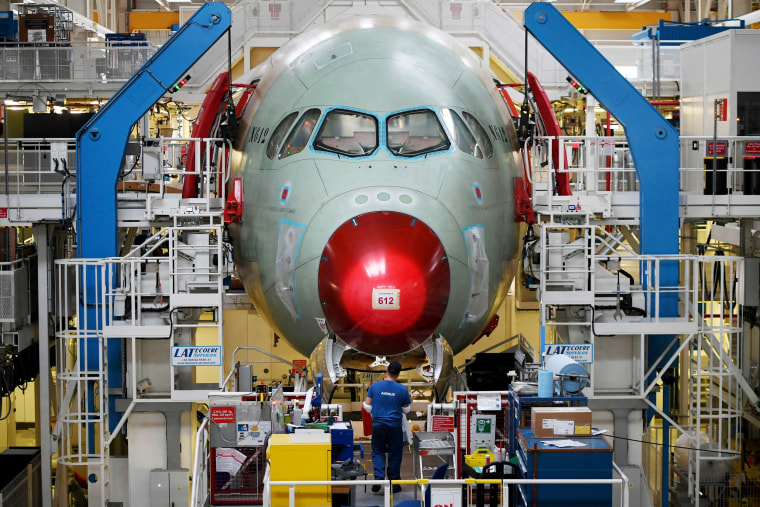Boeing and Airbus Implicated in Counterfeit Titanium Controversy
The recent revelation by the Federal Aviation Administration (FAA) that Boeing and Airbus may have utilized counterfeit titanium in their planes has sent shockwaves throughout the aerospace industry. The implications of this controversy extend beyond the two aviation giants to encompass the entire supply chain, raising concerns about the safety, reliability, and integrity of aircraft components.
Titanium is a critical material in aircraft manufacturing due to its exceptional strength-to-weight ratio, corrosion resistance, and high temperature tolerance. Ensuring the authenticity and quality of titanium used in aircraft construction is paramount to guaranteeing the safety of passengers and crew. The FAA’s warning that counterfeit titanium may have been integrated into commercial planes underscores a potentially grave threat to aviation safety.
The use of counterfeit materials in aircraft construction poses significant risks. Inferior or substandard titanium components could compromise the structural integrity of an aircraft, leading to catastrophic consequences in the event of a failure. Moreover, counterfeit parts may not meet regulatory standards or quality control requirements, further exacerbating safety concerns.
The implications of the FAA’s findings are far-reaching, as they cast doubt on the reliability of the aerospace supply chain. Both Boeing and Airbus have launched internal investigations into the matter, aiming to identify the source of the counterfeit titanium and assess the extent of its use in their aircraft. The outcome of these investigations will likely have profound implications for the aviation industry and may necessitate comprehensive reforms to safeguard the integrity of aircraft manufacturing processes.
In response to the controversy, industry stakeholders are calling for enhanced oversight, stricter quality control measures, and improved transparency in the supply chain. Regulators, manufacturers, suppliers, and third-party auditors must collaborate to establish robust mechanisms for verifying the authenticity and provenance of materials used in aircraft construction. Additionally, enhanced traceability and documentation requirements can help prevent the proliferation of counterfeit parts in the aerospace industry.
The Boeing and Airbus counterfeit titanium controversy serves as a stark reminder of the critical importance of ensuring the safety and reliability of aircraft components. The aerospace industry must learn from this incident and take proactive steps to fortify supply chain integrity, uphold regulatory compliance, and prioritize passenger safety above all else. By fostering a culture of transparency, accountability, and diligence, stakeholders can mitigate the risks associated with counterfeit materials and uphold the highest standards of safety in aviation.
